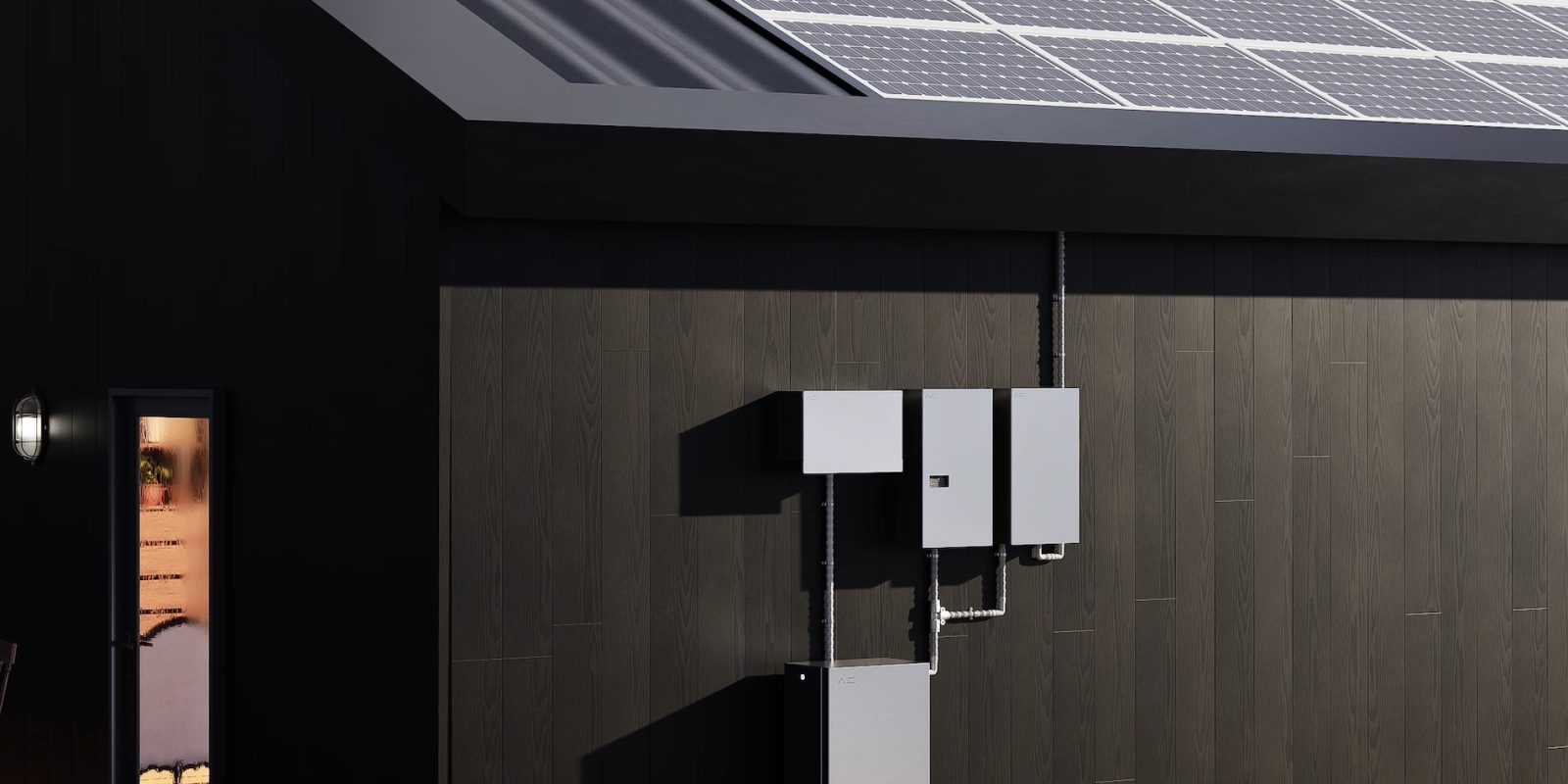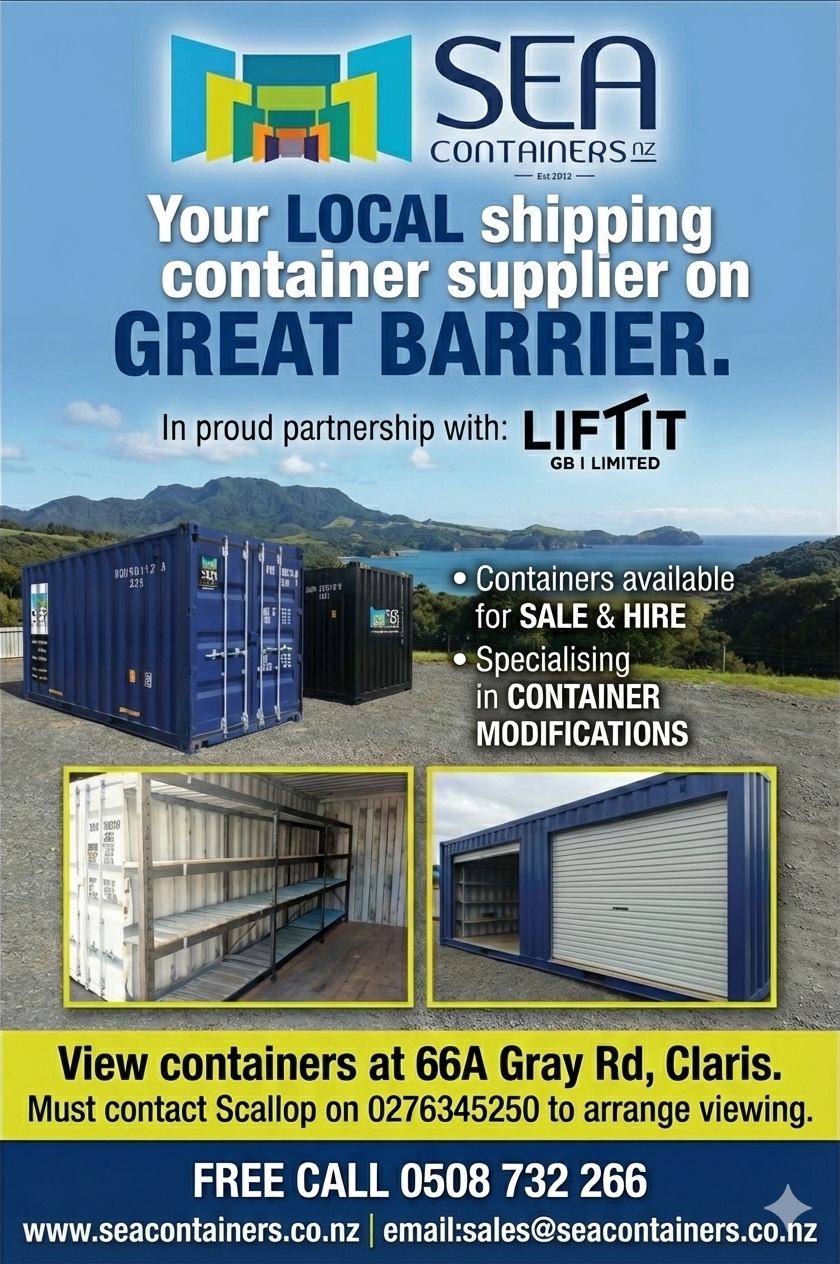Aotea Energy, the green-tech startup founded by Tama Toki, has launched its first commercial product, the Mark 1 Smart Battery — a locally developed energy-storage system aimed at lowering household power bills.
Toki, a lawyer and former Commonwealth Games athlete, first came to prominence with Aotea Health, the Great Barrier Island skincare brand that went global through Air New Zealand’s amenity kits. His new venture applies the same locally driven model to clean technology and energy independence.
Aotea Energy says the company’s goal is to: “build the most affordable and intelligent battery system in New Zealand, empowering households to reduce power bills, unlock flexibility, and accelerate the nation’s energy transition.”
The 15 kilowatt-hour Mark 1 battery sells for $8,000 including installation. It charges itself when electricity prices are low and powers homes when prices peak. The company says the system can save households at least $1,000 a year.
“Our AE Smart Battery is at the bleeding edge of where the technology is, with a 24-year lifetime guaranteed at one cycle per day,” the firm’s release document says, adding solar panels aren’t required to use the battery, though “adding solar only accelerates the returns.”
The Mark 1 is designed for grid-connected homes. Customers must also switch electricity providers to use the company’s retail plan, which controls the system’s operation and pricing.
Technically, the unit uses a five-kilowatt inverter — smaller than those used in competing systems such as Tesla’s Powerwall — but it also offers a higher storage capacity at 15 kilowatt-hours versus Tesla’s 13.5 kilowatt-hours. The Mark 1 is also considerably cheaper than the Powerwall, which typically costs between $15,000 and $18,000 installed in New Zealand. However, because the Aotea system operates through the company’s own retail energy plan, it could be seen as having the ability to set the prices at which customers buy electricity to charge the battery or sell surplus power back to the grid, which may influence the overall returns.
The product follows an Aotea-based pilot funded last year through the Creative HQ Climate Accelerator, which tested early versions with ten households. The company emphasises its local supply chain, assembling its batteries in New Zealand “to support jobs, resilience, and national sovereignty.”
New Zealand boasts 85% renewable production, but that energy — wind, hydro, and solar — can be intermittent. Aotea Energy argues adoption of its technology could ease pressure on the national grid and make electrification more affordable.
Aotea Energy says the system can pay for itself in about six years through bill savings, and while it carries a ten-year warranty, the company claims it is designed to last up to 25 years under daily cycling.








